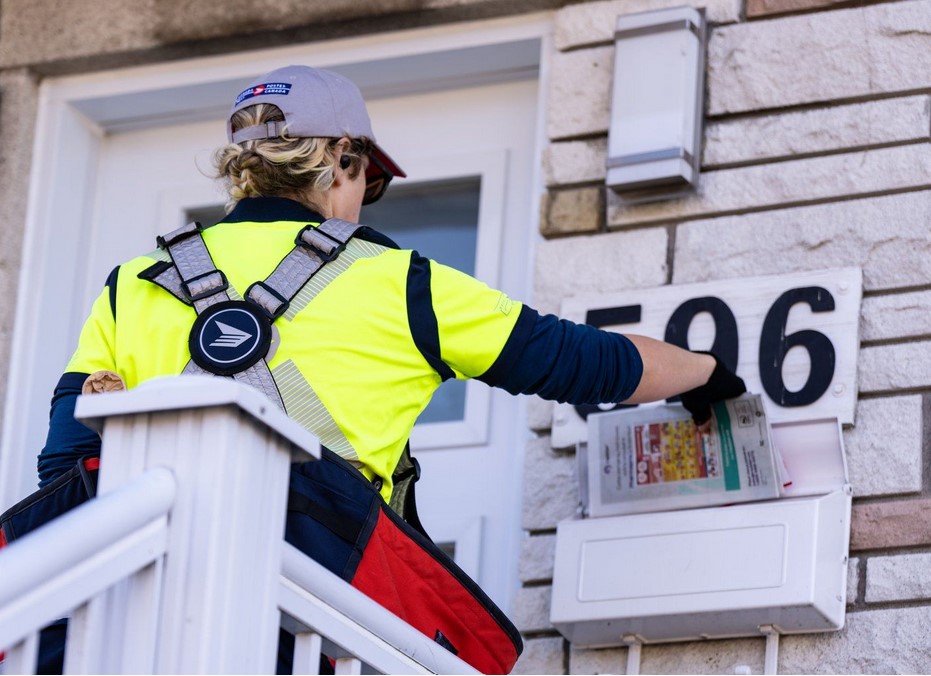Canadian foreign buyer ban misses lessons from Hong Kong, Singapore, Australia: expert

Posted April 7, 2022 6:19 pm.
As the federal government outlines a two-year ban on foreign home buyers, a leading expert feels it misses lessons from other countries which have initiated similar restrictions.
“We got cheesecloth when we needed duct tape,” Simon Fraser University City Program director Andy Yan told CityNews in an interview. “It’s missing the sizable amount of policies that have been taken up in places like Hong Kong, Singapore and Australia, when it comes to the role of foreign capital in their respective real estate markets.
“This foreign buyer ban doesn’t necessarily learn from what these other jurisdictions have done in terms of dealing with this phenomenon. You have to remember, when we talk about Canada, I think the [British Columbia] government has been much better than the federal government in terms of catching up with what is I think is global practice in terms of the affect of foreign capital in residential real estate, that this is where the federal government is trying to catch up.”
Related Article: Federal budget 2022: Focus on housing amid affordability challenges
Another concern for Yan is the exemptions within this federal plan. Permanent residents, foreign workers and students will still be exempt.
“The ban itself has a lot of loopholes. It has a lot of openings through which I think doesn’t necessarily deal with the issue of foreign capital, which is more of what is shaping real estate in Canada, as opposed to foreigners. This is really one of the ongoing challenges as we kind of really understand that part of why real estate is as expensive as it is in Canada, and particularly certain parts of Canada, is really the globalization of residential real estate.”
While the budget pledges $10-billion toward affordable housing, Yan feels more could have been done.
That’s echoed by Paul Kershaw with the University of British Columbia’s School of Population and Public Health.
“$10-billion for housing affordability may sound like a lot,” Kershaw wrote in a budget analysis emailed to CityNews. “But it is small compared to the $85-billion increase to federal spending on retirement income [within this budget].”
Kershaw adds that the government fails to explicitly acknowledge that many homeowners have benefited from the rapid run-up in real estate prices in recent years. He suggests a braver position would be to outline a strategy to stall home prices until earnings catch up.








